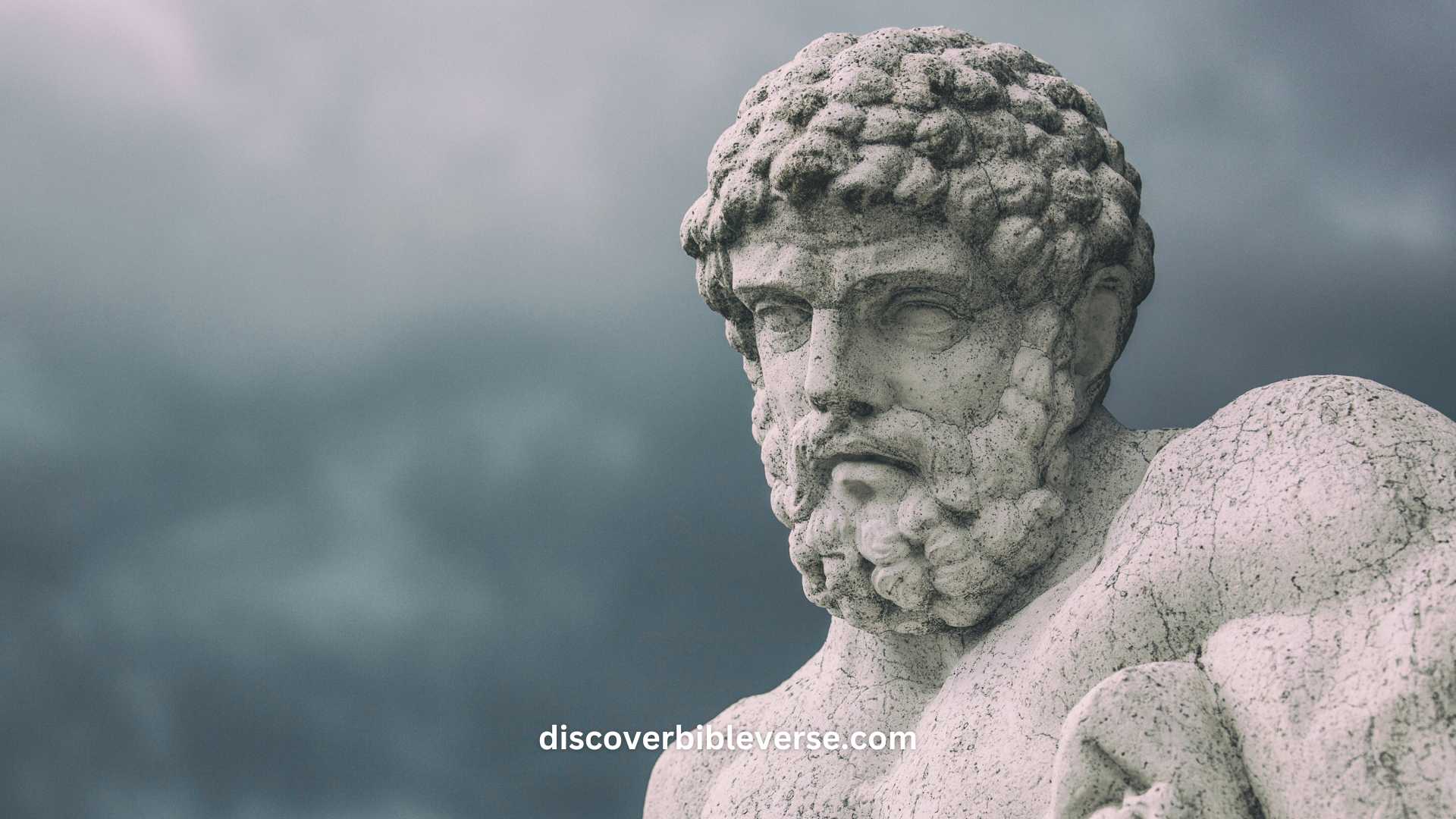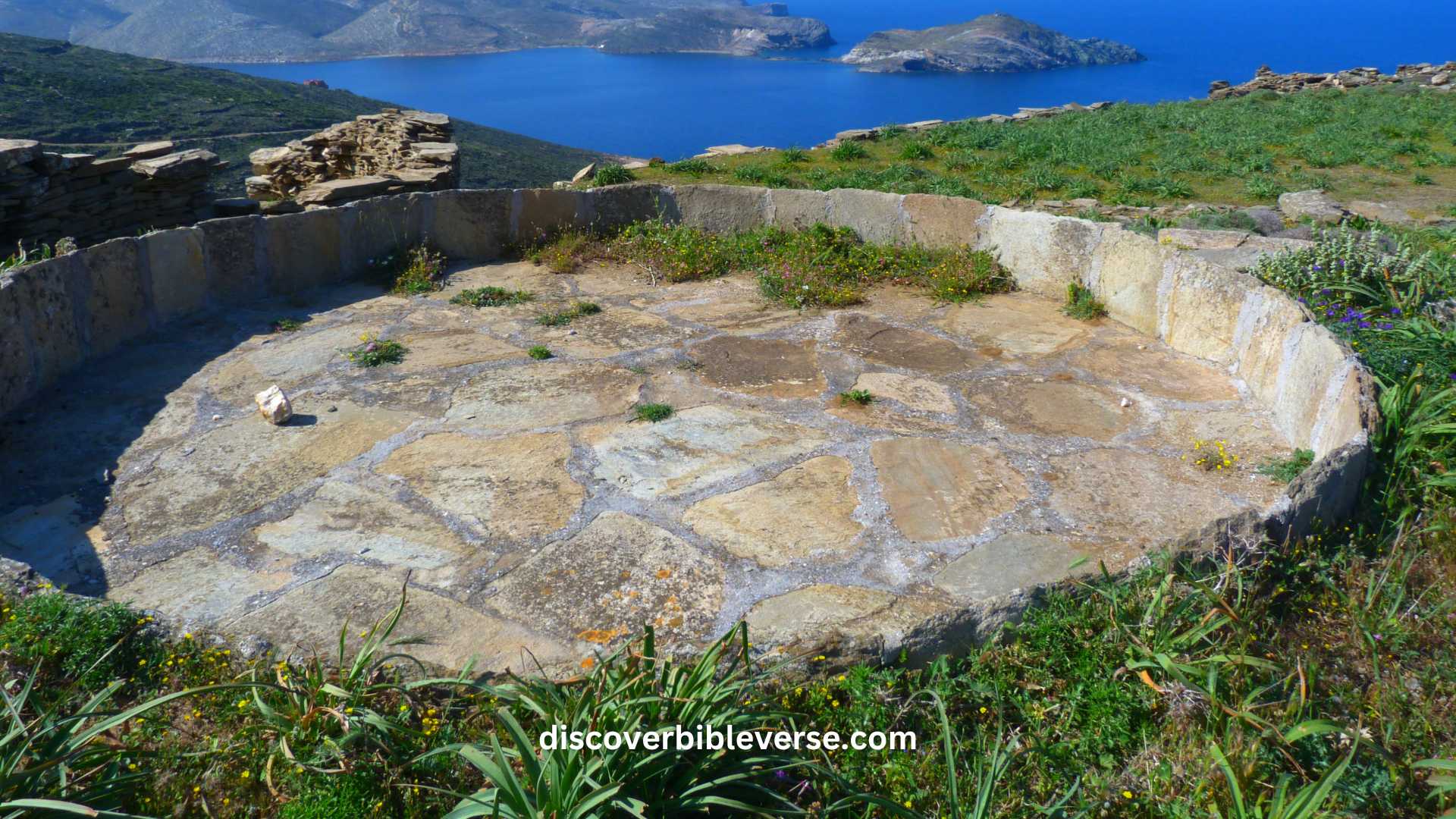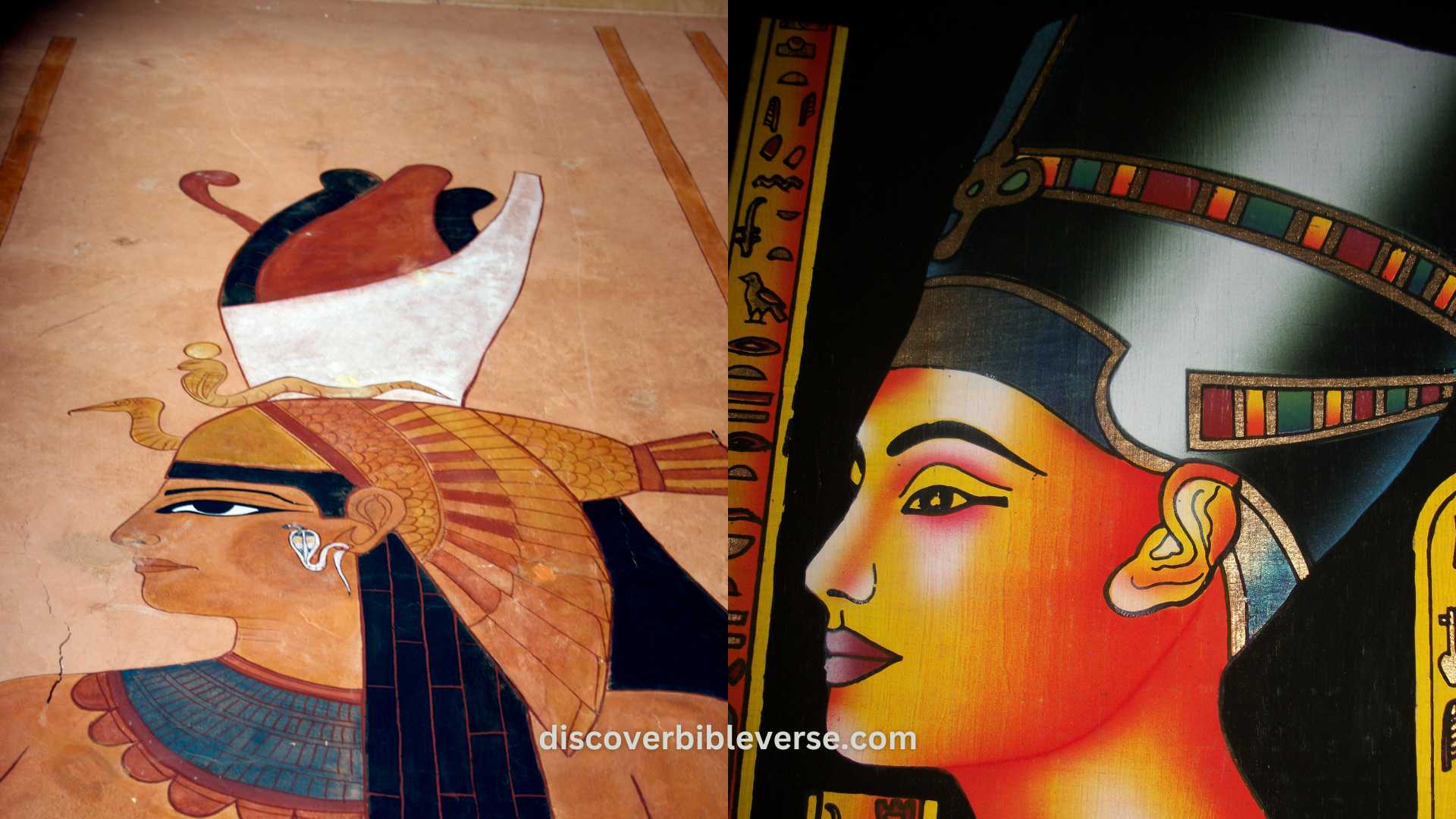The figure of Hercules, a demi-god known for his unparalleled strength in Greco-Roman mythology, has intrigued many who wonder about his presence or mention in the Bible. While Hercules, as a mythological hero, is not a biblical character, the essence of such a figure does find echoes in the scriptural texts, albeit in a different form and context.
This exploration seeks to bridge the knowledge gap, offering insights into how the legend of Hercules intersects with biblical narratives, specifically through the character of Samson, and examining the broader cultural and historical interplay at work.
Hercules and Samson: A Comparative Insight
At first glance, Hercules and Samson may appear worlds apart—one rooted in Greco-Roman mythology, the other a Judge of Israel with a divine mandate. Yet, upon closer examination, the parallels between their stories become strikingly evident, offering a fascinating glimpse into how myths and religious narratives can reflect and influence each other.
Hercules, celebrated for his twelve labors and extraordinary feats, is often remembered for his strength, which he used to overcome monstrous challenges. However, his mention in the Bible is not direct but rather through cultural and historical references, particularly during periods of Greek influence over Jewish territories.
This influence is highlighted in the account of a Jewish high priest who, in an act of cultural betrayal, facilitated a festival to Hercules—a move that reflects the complex layers of Hellenistic impact on Judea.
Samson, on the other hand, embodies many Hercules-like qualities within the biblical framework. Known for his Nazirite vow that granted him immense strength, Samson’s exploits, such as slaying a lion bare-handed, bear a remarkable resemblance to Hercules’ first labor. Yet, Samson’s narrative is deeply woven into the fabric of Israel’s history and spiritual ethos, diverging significantly from the mythological adventures of Hercules.
The Intersecting Worlds of Myth and Scripture
The presence of Hercules in the Bible, albeit indirect, is a testament to the intricate web of cultural and religious interactions that shaped the ancient world. The book of 2 Maccabees, while not universally recognized across all Christian denominations, sheds light on the Hellenistic influences on Jewish society, including the controversial homage to Hercules.
This narrative serves not only as a historical account but also as a reflection of the tensions and exchanges between differing cultural and religious practices.
Samson’s story, while unique to the biblical canon, echoes the universal archetype of the hero blessed with divine strength to combat oppression. This archetype, shared by Hercules, points to a common narrative thread that spans across cultures, illustrating how stories evolve and adapt to fit the spiritual and moral frameworks of their respective traditions.
Drawing Lessons and Insights
The exploration of Hercules’ place in the Bible is more than an academic exercise; it offers valuable lessons on the power of narrative to bridge different cultures and epochs. It underscores the importance of understanding the context and origins of our stories, recognizing that even the most legendary figures can serve as mirrors reflecting our shared human experiences.
Samson and Hercules, despite their distinct origins, remind us of the enduring appeal of the hero’s journey—a journey marked by trials, redemption, and the quest for moral integrity. Their stories, whether read through the lens of faith, history, or mythology, invite us to ponder the timeless questions of strength, virtue, and the human spirit.
In conclusion, while Hercules himself may not walk the pages of the Bible as a named character, his spirit and the universal themes he represents find resonance in the biblical narrative of Samson. This confluence of myth and scripture enriches our understanding of both, offering a nuanced perspective on how stories travel, transform, and transcend the boundaries of time and culture.
Related posts
Related Questions on “Hercules In The Bible”
- Was Hercules a real figure mentioned in the Bible?
- Hercules is not mentioned as a real figure in the Bible. However, the character of Samson in the Book of Judges has been likened to Hercules due to their shared traits of incredible strength and performing heroic feats.
- Are there any stories in the Bible similar to the tales of Hercules?
- Yes, the story of Samson in the Bible shares similarities with the tales of Hercules. Both characters are known for their supernatural strength and perform great deeds. For instance, Samson’s slaying of a lion with his bare hands mirrors Hercules’ first labor of killing the Nemean Lion.
- Does the Bible contain any references to Greek mythology, like Hercules?
- Direct references to Greek mythology, including Hercules, are not found in the canonical texts of the Bible. However, the influence of Greek culture and mythology can be seen in the Hellenistic period’s historical context, such as in the book of 2 Maccabees, which mentions festivals to Greek gods.
Related posts
- Believe in Yourself Bible Verse
- Best Book of the Bible to Read to Get Closer to God
- How Did Nimrod Die in the Bible?
Related Questions from Quora
- Was Hercules a real figure mentioned in the Bible like Samson?
- Hercules is not a biblical figure; he is rooted in Greek mythology. The Bible has its own strongman, Samson, whose story is told in the Book of Judges, showcasing his divine strength to lead and protect the Israelites.
- Are there any parallels between Hercules’ labors and biblical stories?
- While Hercules’ twelve labors are mythological, some parallels can be drawn with biblical narratives, particularly with Samson’s feats, such as his extraordinary strength and his battles against enemies, similar to Hercules’ heroic quests.
- Does the mention of Hercules in 2 Maccabees connect him to the Bible?
- Hercules is mentioned in the context of Hellenistic influence on Jewish culture in 2 Maccabees, not as a character within the biblical narrative. This reference highlights the cultural and religious interactions during the Seleucid empire’s rule over Judea.





Good day I am so grateful I found your webpage, I really found you by accident, while I was researching on Yahoo for something else, Anyhow I am here now and would just like to say many thanks for a marvelous post and a all round enjoyable blog (I also love the theme/design), I don’t have time to go through it all at the moment but I have book-marked it and also included your RSS feeds, so when I have time I will be back to read a lot more, Please do keep up the excellent b.